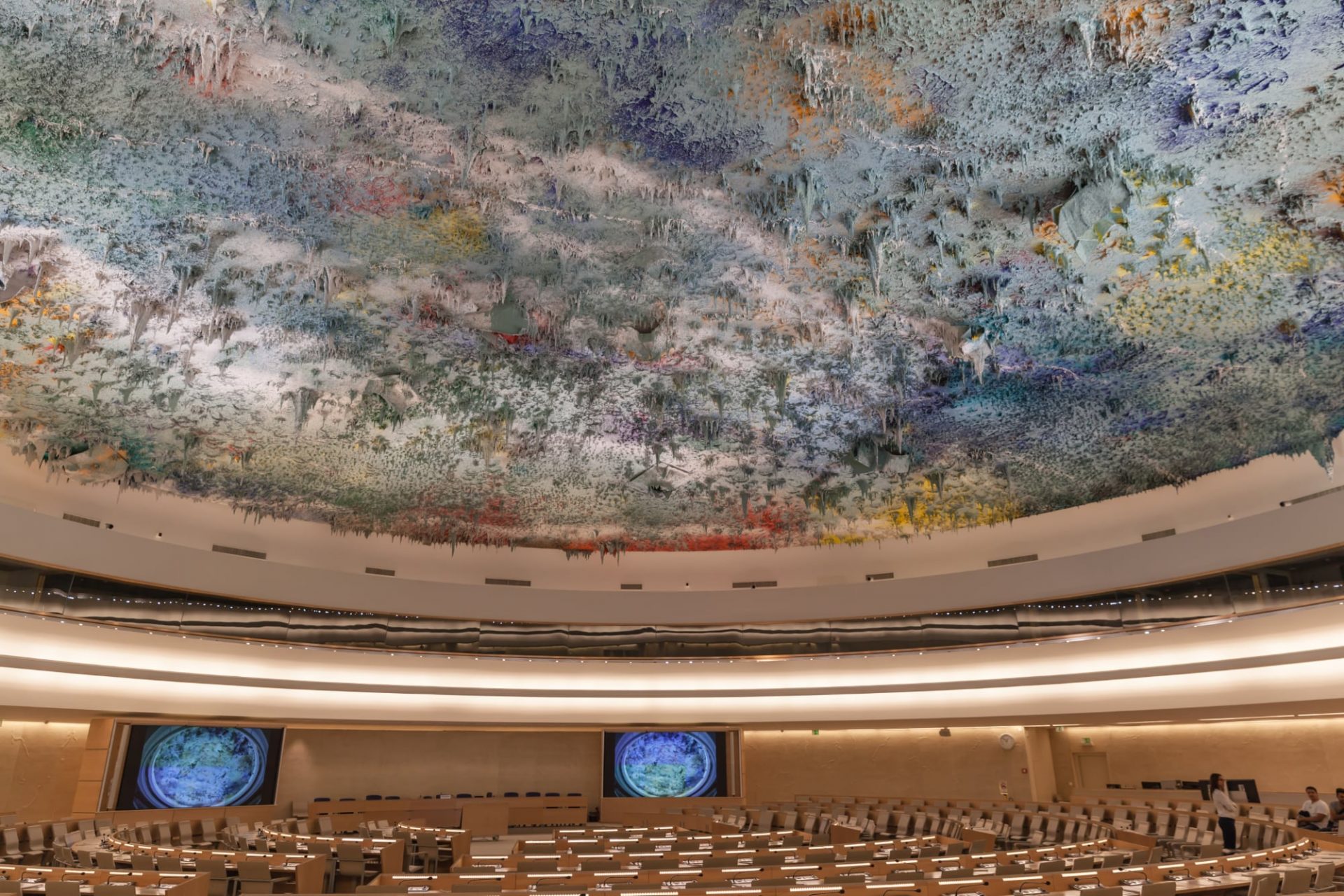Universal Periodic Review
The Universal Periodic Review (UPR) was established by the UN in 2006 to complement pre-existing mechanisms and improve state adherence to, and encourage the fulfilment of, human rights obligations through the implementation of recommendations.
In sharp contrast to other human rights mechanisms (which involve a dialogue between states and independent experts), the UPR is a state-driven process and operates as a peer review assessment. The process ensures that all countries are reviewed, assessed and reported on an equal footing. The review covers both international and regional obligations, whether legally binding or not.
The process ends with the publication of an ‘outcome report’, which provides a summary of the discussion (ie, questions, comments and recommendations made by states to the country under review, and its responses). The reviewed state can either accept the recommendations or note them.
Although UPR recommendations are not legally binding, they play an essential role in the domestic implementation of human rights, as states have expressly committed to implement them. They also provide concrete implementation measures to respect and protect human rights. The recommendations reach a wide audience, including the highest levels of government.
For more information on the UPR, see: UN OHCHR Universal Periodic Review
Tibet Advocacy Coalition Submissions
NGOs can submit ‘parallel reports’ for the review and attend the UPR Working Group sessions. Tibet Advocacy Coalition has been taking part in the UPR review process since China’s second review cycle in 2013.
